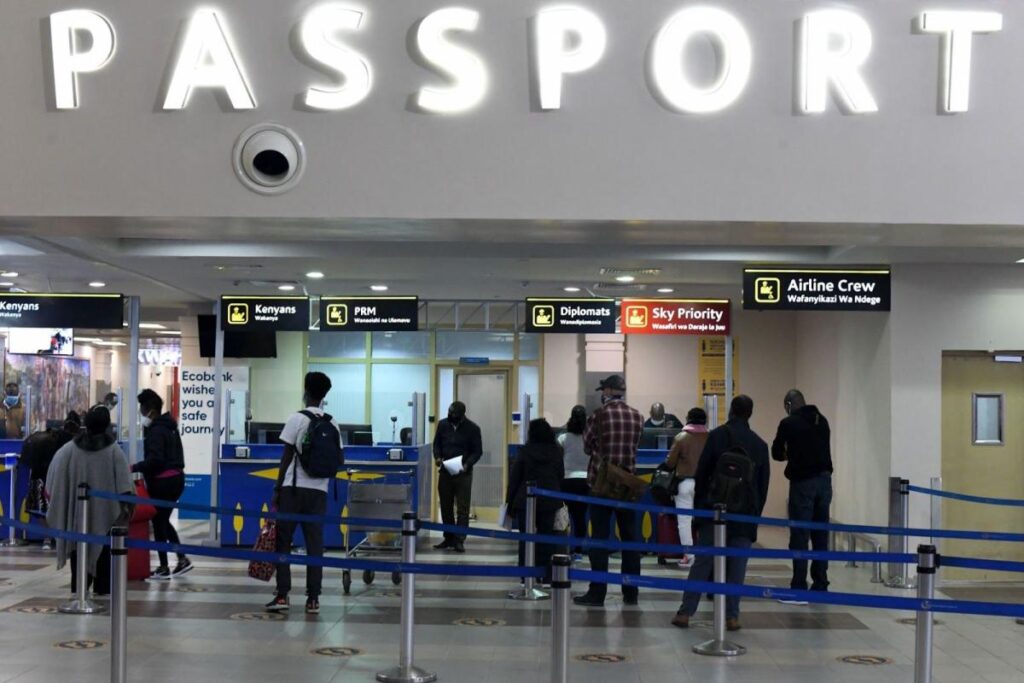The Kenyan government is set to reevaluate its visa-free policy following a significant drop in the country’s ranking on the Africa Visa Openness Index, which measures how accessible a country is to visitors. The Cabinet has acknowledged the widespread criticism regarding the shift from traditional visas to the newly implemented Electronic Travel Authorization (ETA) system. Introduced in January, this system requires travelers to complete an online application, pay a $30 fee, and wait three days for processing. The poor reception of the ETA has been attributed to both its cost and the delays associated with its processing, prompting a call for reassessment.
Tourism Cabinet Secretary Rebecca Miano announced plans for a comprehensive review of the current visa policy, which is scheduled for January 7. The review aims to address various concerns raised by travelers, stakeholders, and industry experts regarding the effectiveness of the ETA system. Kenya’s drop from 29th to 46th in the Africa Visa Openness Index in just one year reflects the urgency of this matter, as many argue that the stricter access measures could deter potential visitors and harm the tourism sector.
Tourism is a vital component of Kenya’s economy, contributing approximately $2.7 billion in revenue last year alone. The government has set an ambitious goal to increase tourist arrivals to 5 million annually by 2027, a significant leap from the 2.1 million visitors recorded in the past year. Stakeholders are apprehensive that continued reliance on the ETA system may hinder this target, as it introduces barriers that could dissuade international travelers from choosing Kenya as their destination.
The decision to move towards an ETA system, while aimed at modernizing the visa process, has resulted in unintended consequences that the government is now grappling with. Delays and costs associated with the new system have frustrated travelers, especially in comparison to previous arrangements that allowed easier access. The Cabinet’s acknowledgment of these issues signals a willingness to consider alternate approaches that may restore Kenya’s status as an accessible tourist destination.
The review process will likely involve discussions with key stakeholders in the tourism sector, including travel agencies, airlines, and other industry representatives. Their insights will be critical in shaping any potential changes to the visa policy. By working collaboratively with these groups, the Kenyan government hopes to identify solutions that enhance visitor access without compromising security or administrative requirements.
In conclusion, the upcoming review of Kenya’s visa policy represents a pivotal moment for the nation’s tourism industry. As the Cabinet seeks to improve Kenya’s standing on the Africa Visa Openness Index, the outcome of this review could significantly influence the country’s ability to attract and retain international visitors. With tourism being a cornerstone of the economy, the government faces both challenge and opportunity in redefining its approach to visitor access in a way that is both efficient and conducive to meeting its ambitious tourism goals.

